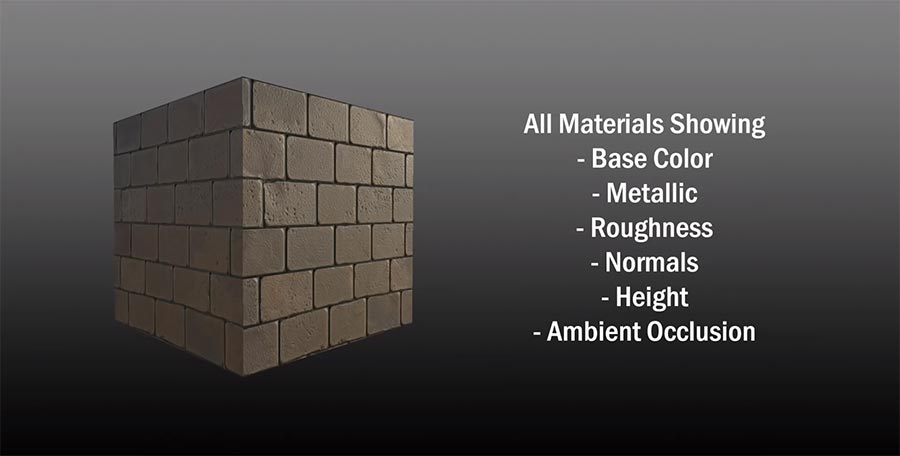Texture Maps Explained: PBR Workflow




Here’s very handy 10-minute tutorial from Zeracheil on the differences and characteristics of each of the maps that give life to PBR materials.
The video explains the basics behind the functionality for all the textures used in the PBR workflow: color, metal, roughness, normal, height, and ambient occlusion.
If you’d like to know more about PBR (Physically Based Rendering) materials and how they work in V-Ray take a look at this article from the guys at Chaosgroup.
Recent Posts
Realistic Water Shader with Caustics in 3ds Max and Corona Renderer
In this tutorial by Estudio MOT, you will learn how to create a realistic water…
4 Hidden Features in 3ds Max Revealed by Vjekoslav Kiraly
In Volume 17 of "Known Unknown Depths of 3ds Max," expert Vjekoslav Kiraly from RenderRam…
A new AI tool that creates 3D models in seconds!
In his latest video, Vjeko from RenderRam showcases a new AI tool called Rodin Hyper3D,…
Bringing the spirit of adventure to life!
Georgian archviz artist Michael Khachaturyan, from Michael Archviz Studio, presents the Making Of for his…
Free 3D Models DCLXV | Aslak Chair
Meshroom is giving away this 3D model of the Aslak Chair, designed by Ilmari Tapiovaara…
Back To Basics: Introduction To 3ds Max | Part 6
Want to speed up your 3ds Max modeling workflow? Vjeko from RenderRam is here to…


